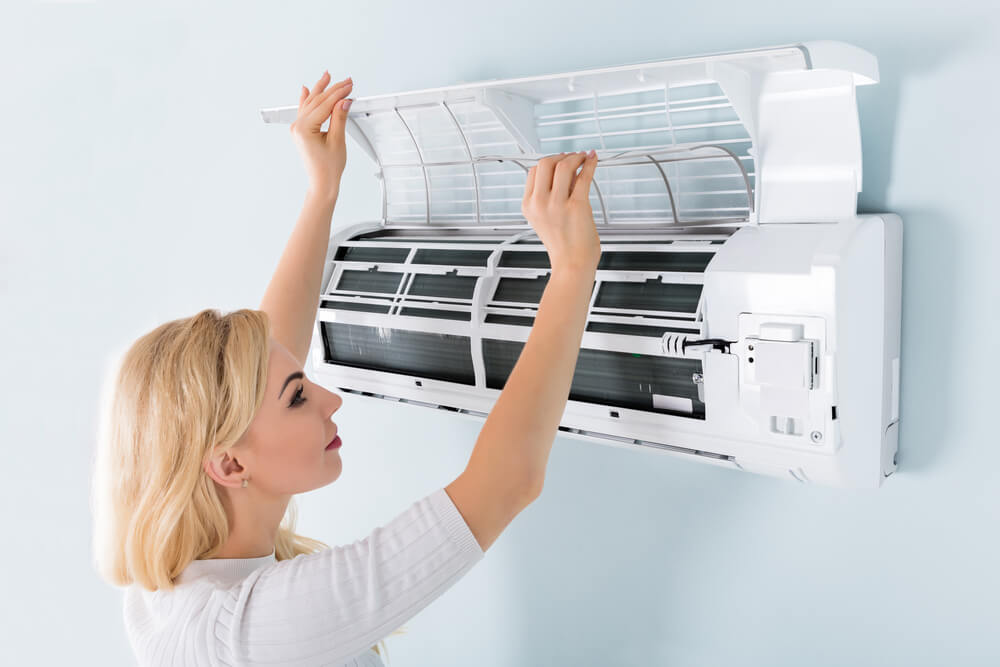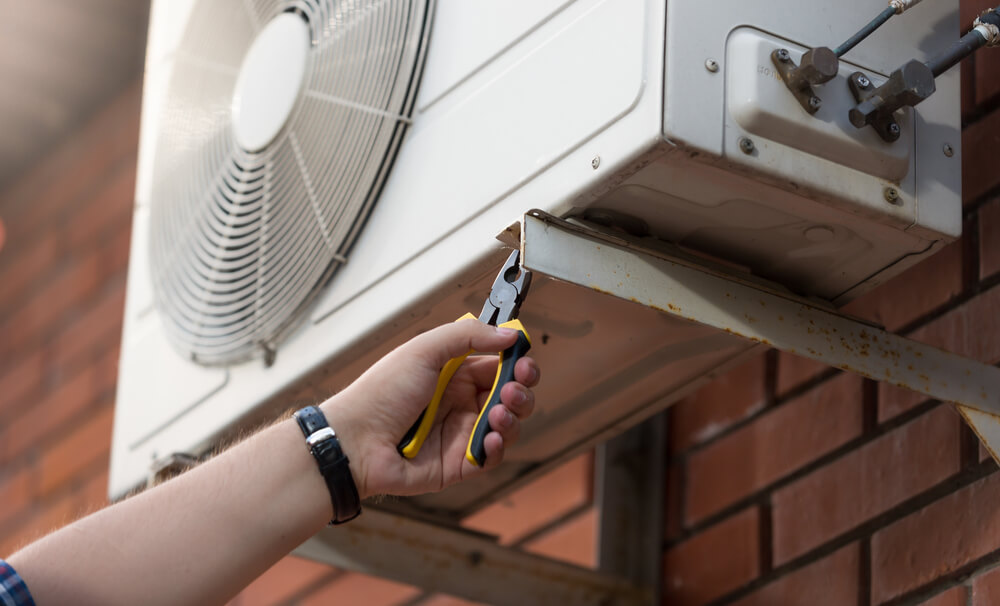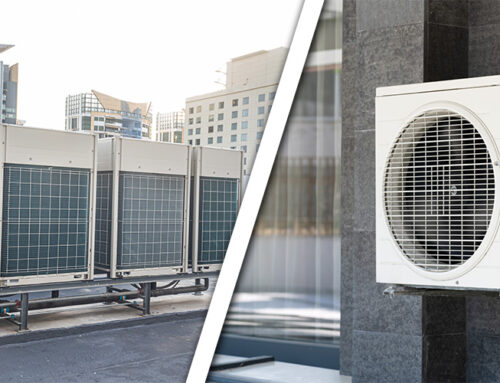The modern air conditioner is essential in any household, yet there comes a time when that tantalizing chill from your AC system suddenly ceases, and the heat begins to permeate through the house instead. This may sound like a familiar story, especially around the summertime – as low as the temperature may show on the display, the air just doesn’t feel as cold as what you see displayed.
But what could be the cause?
An average air conditioning system is made up of several parts, including an evaporator coil housed within an air handler unit, your AC air filter. The outdoor condenser unit, to name a few key components – all are connected to the thermostat and duct system inside your household that gives you the freedom to have your home as warm or cool as you prefer it to be. And like any piece of technology, these components can require routine cleaning and maintenance and at times must be replaced.
What’s Stopping My Air Conditioner Cooling Everything?
The exact reason for the sudden cessation of that refreshing, cold and comfortable breeze can be caused by several possible factors ranging from a simple solution as checking and adjusting the thermostat to diagnosing failing or damaged components requiring either maintenance or replacement.
Looking at the AC Air Filter
Aside from checking the thermostat and making sure your settings are correct, one simple way to start your efforts to troubleshoot your air conditioner cooling difficulties is to examine your AC air filter and check for any clogs.
These filters catch and collect airborne particles that enter your handler unit, which keeps the system as a whole clean and performing at peak efficiency, in addition to keeping your home clean in the process.
Dirty filters either left in place or infrequently changed can block off the flow of air within the system – making your home not as cold as it should be. In some cases, a dirty air filter may cause the system to shut off entirely in the case of a more extreme blockage.
While this is a good starting point when looking at your HVAC system on your own, if the filter is in adequate condition, there could be a more underlying cause behind the worsened performance of your AC.
Checking the Evaporator Coil and Looking for Leaks
An evaporator coil is what allows an air conditioning unit to absorb heat.
Over time these coils can become worn out, which can prevent your system from operating efficiently. A primary cause of evaporator coil degradation comes from consistent exposure to moisture, which can encourage the development of mold on the coils.
Corrosion and other forms of damage can occur with this component, which may cause the coil to leak its refrigerant and would prevent the chemical from freezing and moving the hot air to your outdoor unit.
The evaporator coil could also be frozen in some cases – which can occur from a build-up of debris on the coil, blockage of airflow throughout the AC system, lower temperatures outside exceeding that indoors, or also clogs that form in the drainpipe, which causes excessive condensation.
Inspecting Your Condenser Unit
As previously stated, the condenser unit is located outside in a typical split air conditioner system and is responsible for acting as an exhaust for the redirected hot air.
Just as with your coils and all mechanical parts, this heat exchanger is also vulnerable to degradation over time of its overall condition, in addition to the possibility of an external source causing damage to the internal coil of your condenser.
Ordinary wear and tear will eventually lead to the refrigerant lines inside your condenser starting to crack and perforate, which can lead to leaks and reduced levels of refrigerant, which will increase the amount of energy consumed and accelerate the wear-down process.
Blockages from grass and other forms of debris can cause interference with the internal coil. They can be removed – but some parts may require replacement, be it a failing motor, capacitor, or if its internal coil is damaged.
Examining the Air Handler Unit, Ducts, and Blower Fan
The function of an air handler unit is to distribute and direct the conditioned air throughout the household using the duct system to either cool or heat each channeled section of the building.
Inside of the handler is the blower fan, which guides hot air across the evaporator coil and causes the stored refrigerant to convert into a heat-absorbing gas.
If it seems as though it’s taking longer than usual for the room to cool to the temperature selected, look to see if this fan is either sluggish or will not startup. The sudden drop or stopping or performance from the blower can be caused by anything ranging from built-up debris or the fan, and its part is reaching its expected lifespan of use.
Suppose the duct system was damaged from anything such as infestations, errors in installation, irregular maintenance, or other potential causes. In that case, this can hinder the distribution of air and both decrease cooling efficiency and potentially increase utility costs.
Evaluating the Size and Age of your AC
With each air conditioning system, it’s best to make sure the right sized system is installed for optimal delivery of condition airflow throughout your home. With an oversized system, you may find you reach temperatures quickly, followed by the system shutting off to compensate.
This can cause unintentional and accelerated wear and tear as well as other complications, however, so too can an undersized system.
Should your system be undersized and temperatures begin to rise outdoors – especially during the summer months – your AC may struggle to reach and maintain your desired temperature and run for more extended periods to compensate.
If, however, the size of your air conditioning system is right for your home, you may want to consider how long you’ve had the system should it no longer be able to perform like it used to.
These are only a few but important points to start your self-investigation with if you find your home not as comfortable as it should be when the heat begins to rise outside and the cooling process slows or it abruptly halts.
With the right direction, anyone can begin to troubleshoot and look into their AC system issues and attempt to resolve them, but there may come a time when you need to reach out for a more professional touch and further assistance. But if you’re looking for help from an air conditioner service in Miami, consider reaching out to us here at Chills Air Conditioning to put your AC in the hands of your friendly local experts.




